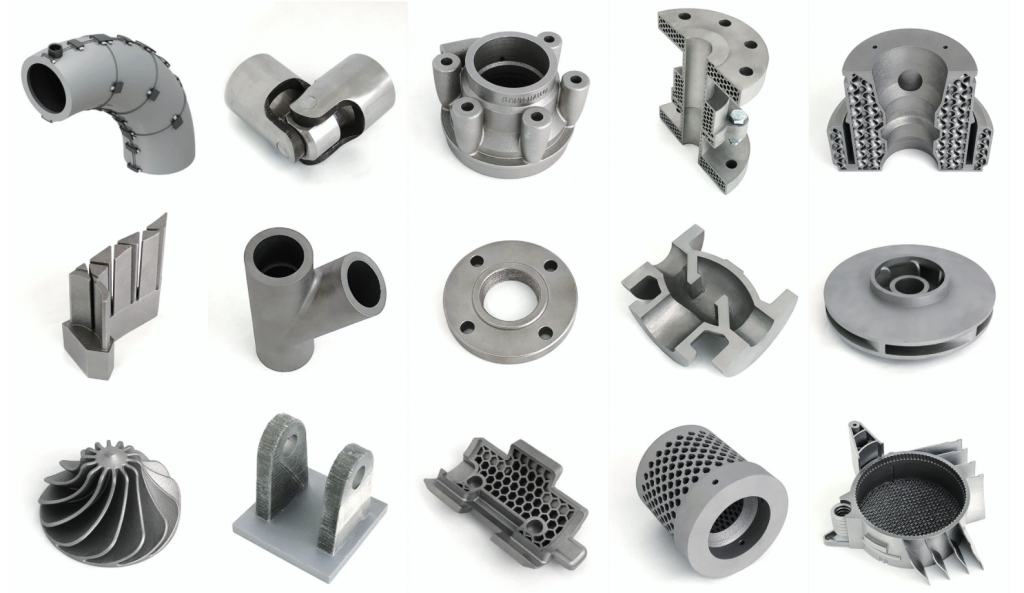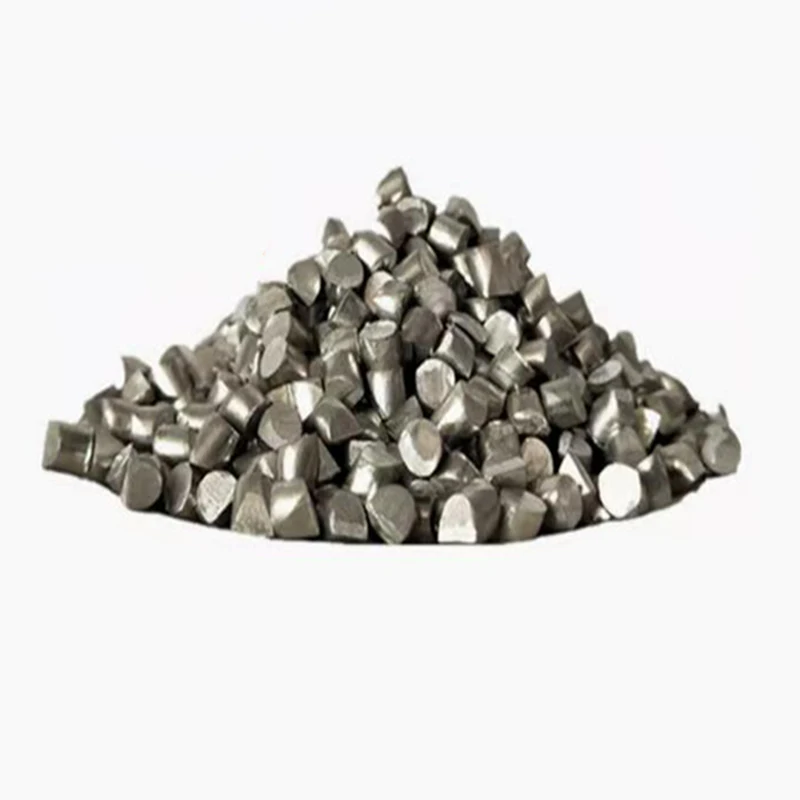The process of an Aluminum Foundry explained in simple terms
Wiki Article
Best Practices for Upkeep and Applications in the Light Weight Aluminum Foundry Field: A Detailed Summary
Preserving equipment in the light weight aluminum shop field is necessary for operational success. Regular inspections and anticipating upkeep can substantially reduce downtime and enhance safety. Advanced modern technologies, such as IoT and information analytics, play a critical function in this process. However, comprehending the full scope of finest techniques requires a closer evaluation of details strategies and their influences on efficiency. What are the crucial elements that add to a trustworthy maintenance framework?Value of Routine Upkeep in Light Weight Aluminum Foundries
Regular upkeep plays a crucial duty in the efficient procedure of aluminum factories. By methodically servicing and checking equipment, shops ensure peak performance and long life of machinery. Normal upkeep activities, such as component, cleaning, and lubrication replacement, aid prevent unanticipated break downs that can bring about costly downtime.Routine checks boost workplace safety and security by determining possible hazards before they intensify right into severe problems. Equipment that is properly maintained runs more successfully, causing enhanced product high quality and decreased waste. Additionally, adherence to a structured upkeep schedule can sustain compliance with sector regulations, thereby promoting a credibility for integrity and top quality within the marketplace.
Executing Predictive Upkeep Techniques
Predictive upkeep methods take the concepts of regular upkeep a step further by leveraging information analytics and advanced tracking modern technologies. In light weight aluminum factories, these techniques make it possible for operators to anticipate tools failures prior to they happen, therefore decreasing unintended downtimes and maximizing operational effectiveness. By using sensing units and IoT gadgets, real-time information can be gathered on device performance, enabling the recognition of potential concerns through anticipating analytics.Optimizing Melting and Pouring Procedures
Efficient melting and putting procedures are crucial for making the most of efficiency and assuring the top quality of aluminum spreadings. To enhance these procedures, foundries must concentrate on accurate temperature level control throughout melting, as this straight influences the metallurgical residential or commercial properties of the alloy. Using sophisticated melting modern technologies, such as induction and resistance melting, can improve energy performance and reduce cycle times.Carrying out automated putting systems lessens human error and preserves consistency in the putting process. Correct mold and mildew preparation, consisting of sufficient preheating, is vital to protect against thermal shock and boost mold and mildew durability.

Enhancing Safety And Security Methods in Factory Operations
Prioritizing security in aluminum factory procedures is essential for safeguarding employees and assuring a productive atmosphere. Reliable safety methods include normal training sessions that highlight the importance of individual protective equipment (PPE), such as gloves, helmets, and safety glasses. Furthermore, the establishment of clear emergency procedures is vital in managing prospective accidents.Normal examinations of tools and equipment aid recognize threats before they intensify into serious problems. Applying a durable reporting system encourages workers to interact safety issues without fear of consequence. Cultivating a society of safety and security guarantees that every worker recognizes their role in preserving a safe and secure office.
On top of that, guaranteeing proper air flow and monitoring air high quality can mitigate direct exposure to unsafe fumes and dust. By enhancing these techniques, light weight aluminum foundries can considerably lower the threat of accidents and produce an atmosphere where workers really feel valued and risk-free, inevitably improving overall operational performance.
Leveraging Modern Technology for Improved Effectiveness
Using innovative modern technology has actually come to be significantly important for light weight aluminum foundries aiming to boost functional performance. Automation and robotics play a crucial function in improving manufacturing procedures, lowering labor prices, and minimizing human error. Implementing real-time monitoring systems permits the continuous evaluation of devices efficiency, allowing positive upkeep and reducing downtime.
Furthermore, the combination of data analytics supplies useful understandings right into functional operations, promoting far better decision-making and source appropriation. Anticipating analytics can determine possible failures prior to they happen, further optimizing maintenance timetables.
In addition, taking on innovative melting and casting innovations Casting Foundry improves power performance and material yield, which are essential for sustainability in the sector. By accepting these technological developments, light weight aluminum factories can not only improve productivity yet additionally keep an affordable edge in a significantly requiring market (aluminum metal casting). Inevitably, leveraging technology is essential in driving advancement and enhancing general functional effectiveness within the sector

Frequently Asked Concerns
What Prevail Indicators of Equipment Wear in Aluminum Foundries?
Common indicators of tools wear in aluminum foundries include uncommon noises, decreased performance, increased resonance, overheating components, leaks, and noticeable corrosion. These indicators often indicate the need for upkeep or prospective substitute to avoid expensive downtime.Just How Can I Train Staff for Effective Upkeep Practices?
To educate staff for reliable upkeep practices, one can execute hands-on workshops, develop extensive manuals, encourage mentorship programs, and carry out regular assessments to review skills and understanding, ensuring all employees comprehend upkeep procedures completely.What Are the Ecological Regulations for Aluminum Foundries?
Light weight aluminum shops undergo numerous ecological laws, including discharges control, waste monitoring, and source conservation. Conformity warranties very little environmental influence, promoting sustainability while sticking to neighborhood, nationwide, and international environmental requirements and laws.Exactly How Do Foundries Handle Waste and Recycling of Aluminum?
Factories handle waste and recycling by carrying out systems for collecting scrap light weight aluminum, making use of innovative splitting up modern technologies, and collaborating with reusing centers to guarantee effective healing procedures, consequently lessening environmental influence and promoting sustainability within the industry.What Are the Prices Linked With Executing Advanced Technologies?
Applying advanced innovations in shops sustains significant expenses, including initial financial investment, training, and upkeep expenses. The long-term benefits, such as increased performance and lowered waste, typically validate these expenses, leading to boosted earnings. (Casting Foundry)
Report this wiki page